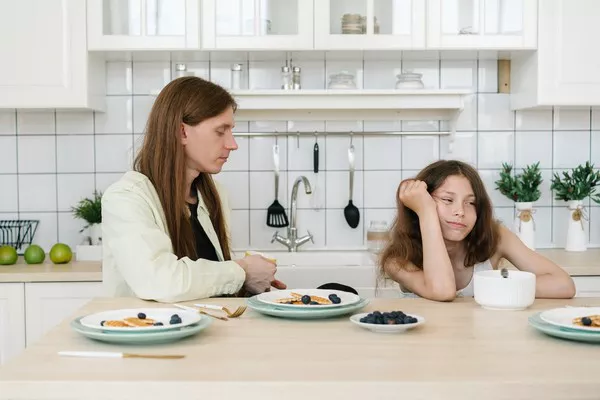New data analysis has revealed a concerning surge in the wait times for mental health care among new or expectant mothers in England, raising alarm among advocates. The analysis shows that over 30,000 pregnant women or those who have recently given birth are currently on waiting lists for mental health support, according to NHS England data assessed by the Labour Party. This situation has prompted concerns that many of these women are enduring their mental health challenges in silence.
During the period from August 2022 to March 2023, the number of women waiting for perinatal mental health services saw a sharp increase of 40%. Over the same timeframe, the number of women who actually received support rose, but only by 8%.
A Freedom of Information request by the Labour Party to NHS England to uncover the longest waiting times in the last five years uncovered a distressing case where one woman endured a 319-day wait from referral to her first contact with mental health services.
This new research follows previous warnings from organizations like the Maternal Mental Health Alliance (MMHA) and the Royal College of Midwives (RCM), who have highlighted concerns not only about resource shortages but also about the clarity of long-term funding, staffing levels, and the lack of parity for mental health care in pregnancy.
Perinatal mental health problems can become especially prevalent or severe among expectant and new mothers. NHS statistics indicate that over a quarter of them are affected by perinatal mental illness. A study led by Oxford University last year, examining the causes of deaths for women up to one year after pregnancy in the UK and Ireland between 2018 and 2022, found that suicide was the most common direct cause, accounting for 40% of all deaths linked to mental health issues.
Rosena Allin-Khan, the shadow minister for mental health, expressed concerns about the state of mental health services, attributing the crisis to government neglect over the past decade. She noted that the government had withdrawn its 10-year cross-government mental health plan and delayed reforms to the Mental Health Act.
Karen Middleton, the head of policy at the MMHA, expressed disappointment at the rising demand for services, emphasizing that numerous areas across the UK were unable to meet basic standards. She highlighted the impact of the pandemic on service development and recruitment, emphasizing that women were not receiving the crucial care they needed.
The RCM had previously called for the recruitment of 350 additional specialist perinatal mental health midwives, warning that perinatal mental health care was teetering on the brink. Sally Ashton-May, the head of policy for the RCM, pointed out that the shortage of midwifery staff often meant that even the specialists would be pulled into regular care duties, stressing the need for better parity of esteem for mental health in pregnancy care.
A spokesperson from the Department of Health and Social Care highlighted the expansion of services as part of the NHS England long-term plan, which aims to provide access to specialist community care for at least 66,000 women with moderate to severe perinatal mental health difficulties by 2024. Additionally, four new mother and baby units were opened in 2019 to ensure that the most seriously ill women could receive residential care without being separated from their babies in every part of England.

























